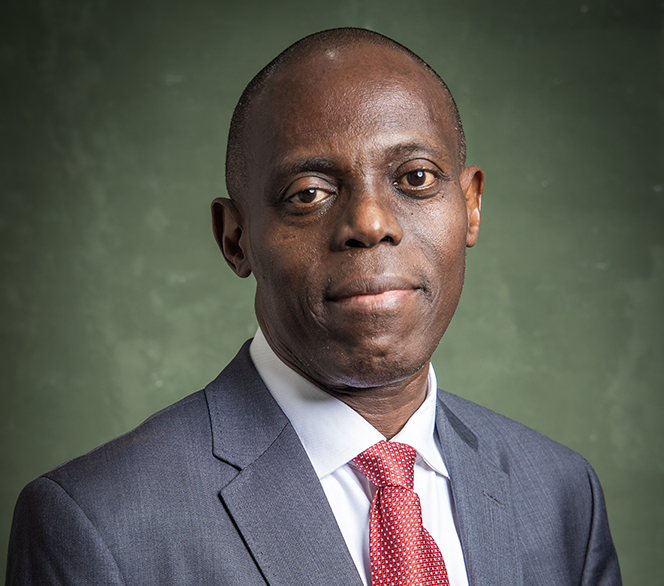We would like to extend our gratitude to Mr. Folusho Laguda, Mr. Emmanuel Brule, and Mr. Quinten Matthew, who retired from the board this year, for their invaluable contributions and dedication to the company.
We warmly welcome Mrs. Ijeoma Taylaur and Mr. Chukwuemeka Akwiwu, whose appointments bring fresh perspectives and expertise to our board.
I also want to thank all our board members across the group for their steadfast commitment and strategic guidance, which have been instrumental in steering our company toward sustainable growth.
Conclusion:
We remain committed to driving sustainable growth and value for our shareholders, clients, and partners. As we build on the successes of 2023, we will continue to leverage our strengths, embrace innovation, and uphold the highest governance and risk management standards.
I extend my gratitude to our dedicated team, valued clients, and stakeholders for their unwavering support and trust in Continental Re.
Mr Paul Kokoricha
Chairman
